Benefits Of Prickly Pear (Cactus Fruit)
Nov 03, 2019 • 367 views
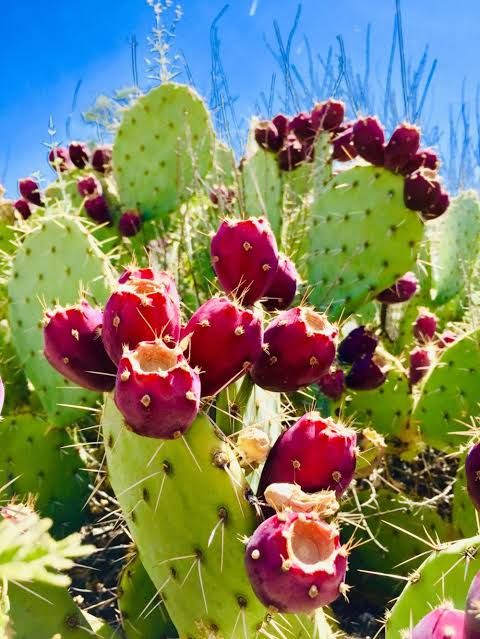
Source: Daily Lobo
Opuntia which is commonly known as Prickly Pear is one of the most underrated fruits of the Cactus Family. It is known as Haathla in Gujarati and Naagfani in Hindi. The cactus plant that gives Prickly Pear can be grown in Sunny Areas. According to an article, they are highly grown in Mexico, Africa, Australia, the Meditarranean and other Latin American Countries. It is not so popular in India. However, some states of India like Gujarat and Rajasthan definitely acknowledge its benefits and so they are available in Gujarat and Rajasthan.
Contents of Prickly Pear
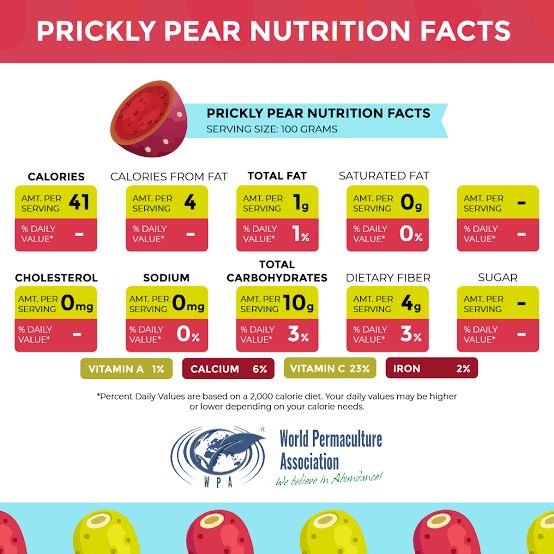
Source: Nutrition News
Benefits of Prickly Pear
As you can see in the image above, Prickly pear has a high nutritional value. Hence, it has many antiinflammatory and antioxidant properties. This ends up with several benefits through its consumption.
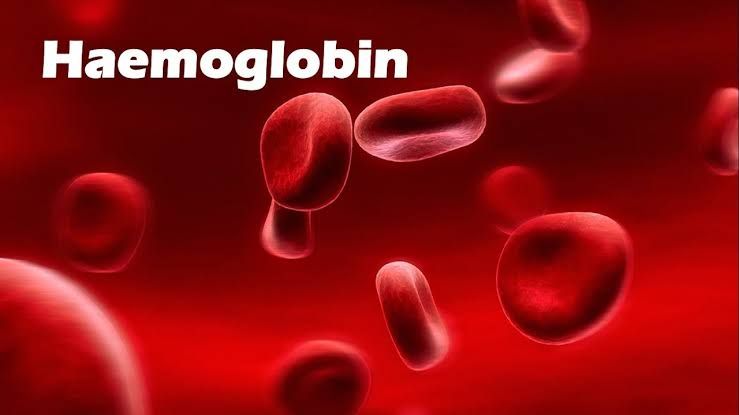
Source: YouTube
Increases Haemoglobin(HB)
You need to increase Haemoglobin in your body when the blood does not carry enough oxygen to the rest of the body. So to increase HB, it is better to use a natural remedy then to use any chemical. According to research mentioned in the Journal of Ayurveda Medical Sciences, the extent to which HB and Red Blood Cells(RBC) increased by Prickly Pear juice was comparatively Higher than BeetRoot. So, we can say that Prickly Pear is one of the best natural things to consume to increase HB and RBC.
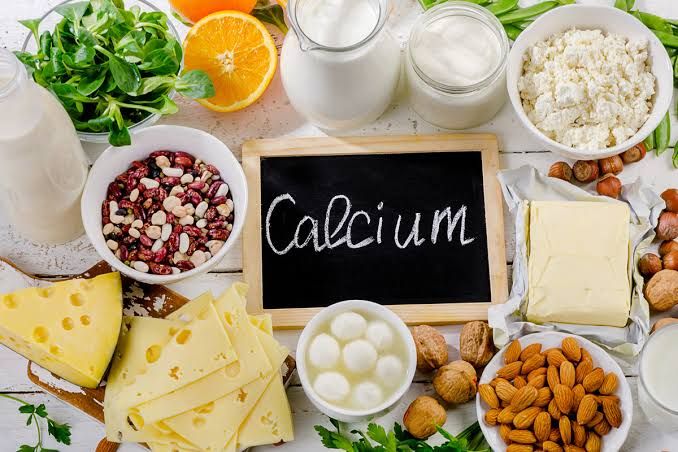
Source: Hawaii Pacific Health
Strengthens the bones and teeth
Kushneet Kukreja, an ISSA Certified specialist in Fitness & Nutrition recommends prickly pear for calcium in a blog post. She says that our teeth and bones are made up of calcium and 1 cup of prickly pear juice contains 83 milligrams of calcium which means 8% of the daily recommended intake of calcium by FDA.
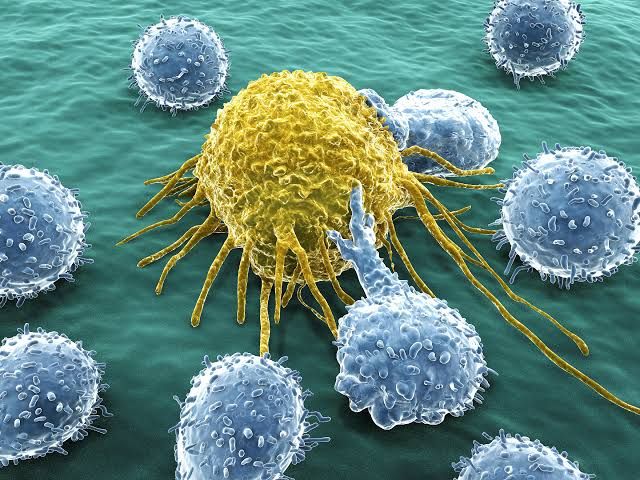
Source: Radboudumc
Helpful for cancer patients
According to research mentioned in the Nutrition Journal prickly pear cactus effectively inhibited cell growth in several different immortalized and cancer cell cultures in vitro and suppressed tumor growth in a nude mouse ovarian cancer model.
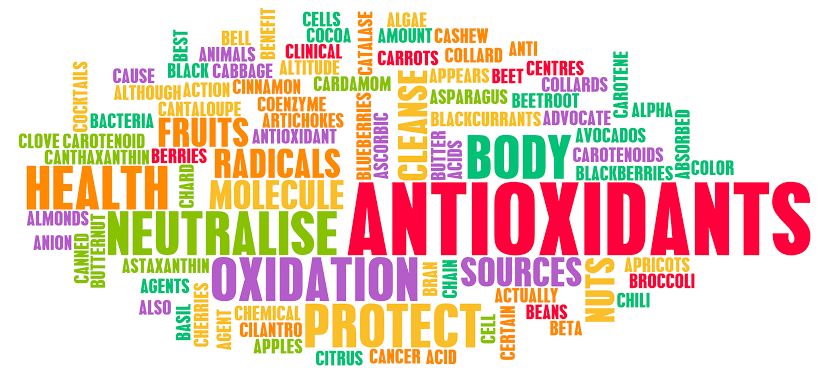
Source: Power Health
Antioxidant
Prickly pear contains various types of antioxidants like flavonoids, quercetins, gallic acid, phenolic compounds, betacyanins, etc. Prickly Pears also contain plenty of antioxidants that can reduce the oxidative stress caused by Carcinogens compounds on the liver. As a result, they also turn to be anti-infammatory.
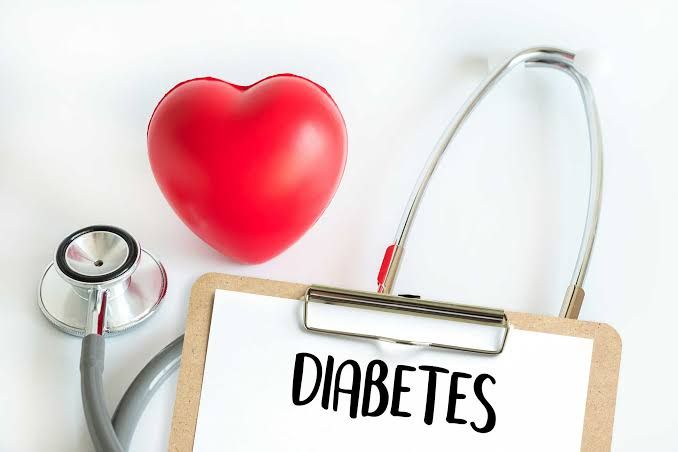
Source: Diabetes UK
Diabetic Friendly
As mentioned by Amy Hess-Fischl MS, RD, LDN, BC-ADM, CDE, Hyperglycemia means high (hyper) glucose (gly) in the blood (emia). Your body needs glucose to properly function. Your cells rely on glucose for energy. Hyperglycemia is a defining characteristic of diabetes—when the blood glucose level is too high because the body isn't properly using or doesn't make the hormone insulin. According to a research, the prickly pear seed oil decreased postprandial hyperglycemia by 40.33% and 16.01% in healthy and diabetic rats respectively. The same research said that it also decreased the intestinal glucose absorption by 25.42% and no adverse effects were evident during this research. This clearly means that consuming Prickly Pear for Diabetic patients is recommended.
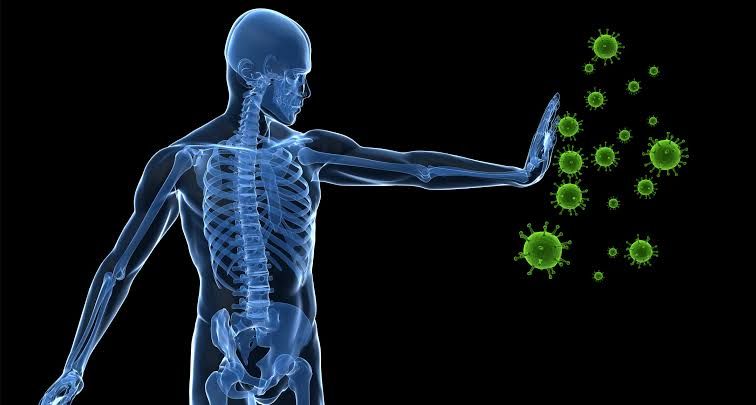
Source: Gut Microbiota for Health
Immunity Booster
As mentioned in an article, A number of studies identified that Deficiency of Vitamin C causes major infections that are caused by bacteria, viruses and protozoans. Hence, again, Prickly pear comes into the picture because of its Vitamin C Contents.

Good for PMS
According to Kushneet Kukreja, Cramps, back pain, headaches, and breast tenderness are common symptoms that women experience during PMS. Most of these symptoms are associated with an increase in the levels of prostaglandins (hormone-like chemicals) in the body. Prickly pear is known to inhibit the synthesis of prostaglandins, thus alleviating PMS symptoms.
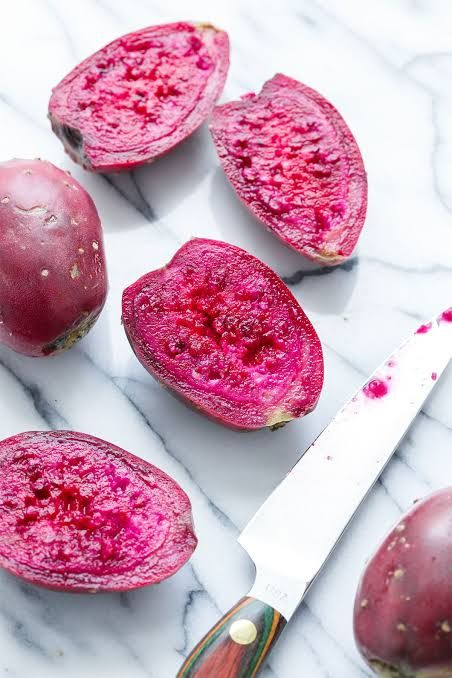
Source: Pinterest
How can you Consume Prickly Pear?
You can consume Prickly Pears in various ways:
Extracting the Juice from the fruit and consuming it.
Simply by peeling and eating the pulp of the fruit.
You can make ice cream using this fruit and consume.
Note: If you are pregnant or are Breastfeeding, then you should avoid Prickly Pear as it may affect the foetus or the child.